Welcome to Jiangsu DZX Factory.
Email:dlx@dlx-alloy.com Mobile/Whatsapp:+86 199 0611 9641
Professional manufacturer of welding wires and spraying wires,over 22 years.
Welcome to Jiangsu DZX Factory.
Email:dlx@dlx-alloy.com Mobile/Whatsapp:+86 199 0611 9641
Professional manufacturer of welding wires and spraying wires,over 22 years.
Contact:Jason
Whatsapp:+8619906119641
Email:dlx@dlx-alloy.com
Add:NO.32 West Taihu Road, Xinbei District, Changzhou, Jiangsu,China
Nickel Welding Wire
Product Details
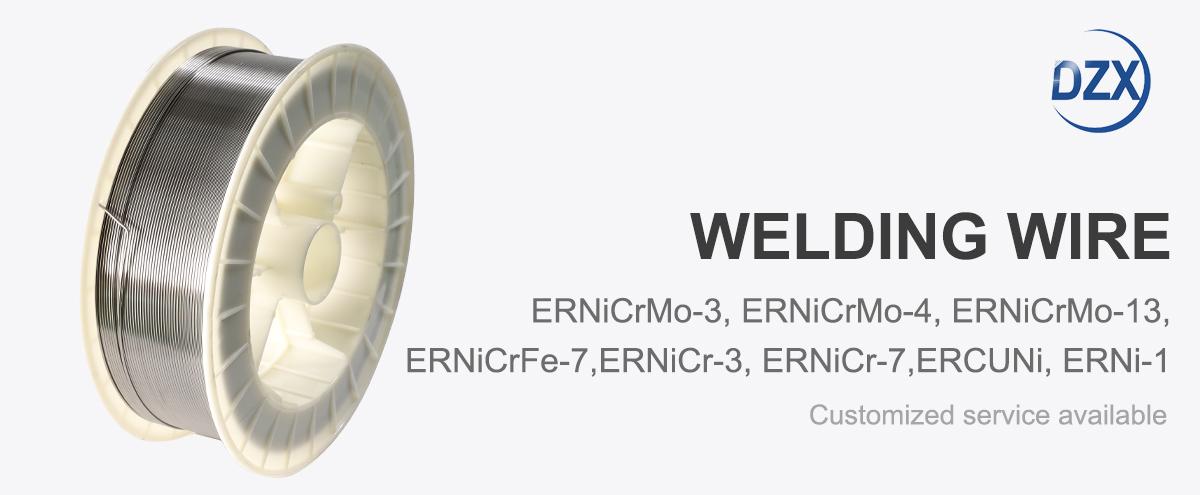
Our ERNiCrMo-4 (Hastelloy C276) Welding Wire is a top-tier choice for welders in the chemical processing industry. This nickel-molybdenum-chromium alloy wire, with about 57% nickel, 16% molybdenum, and 15.5% chromium, is built to withstand extreme corrosion and high temperatures. It’s perfect for welding Hastelloy C276, Inconel alloys, and other nickel-based materials, especially in aggressive environments like acidic or chlorinated settings. With a tensile strength of around 100,000 psi and stability up to 1,900°F (1,038°C), this wire delivers welds that are tough, durable, and reliable. Whether you’re working on chemical reactors or piping systems, ERNiCrMo-4 gets it done.
At DZX, we’ve designed this wire for smooth welding performance. It flows cleanly in the weld pool, cuts down on defects, and excels in TIG and MIG setups. Available in diameters from 0.8mm to 1.6mm and packaged in spools or straight rods, it’s versatile for projects of any size. Meeting AWS A5.14 standards, you can count on its quality for critical chemical processing applications.
The nickel alloy welding wire market is growing steadily, driven by chemical processing, oil and gas, and power generation industries. Materials that resist corrosion in harsh environments are in high demand as companies prioritize equipment longevity and safety. Alloys like Hastelloy C276 are critical for handling acidic, chlorinated, or high-temperature conditions, making ERNiCrMo-4 a go-to for chemical processing. The market’s expansion is fueled by the need for reliable materials in demanding applications, from refineries to pharmaceutical plants.
Emerging trends include automated welding systems and additive manufacturing, which require wires that produce precise, high-quality welds. Stricter environmental and safety regulations are pushing for materials that minimize maintenance and withstand corrosive attacks. Challenges like weld cracking and heat-affected zone issues make premium filler metals like ERNiCrMo-4 essential. The market is set to grow as industries invest in durable, corrosion-resistant solutions for critical infrastructure.
| AWS Classification | Applications |
| ERNiCr-3 | Used for welding 600, 601, and 800 alloys and dissimilar welding between stainless steel and carbon steel |
| ERNiCrFe-7 | Suitable for welding nickel-chromium-iron alloys under ASTM B163, B166, B167, and B168 standards |
| ERNiCrFe-6 | Designed for welding steel to nickel-chromium-iron alloys, as well as stainless steel to nickel-based alloys |
| ERNiCrCoMo-1 | Used for welding nickel-chromium-cobalt-molybdenum alloys and various high-temperature alloys |
| ERNiCrMo-3 | Suitable for nickel alloy, carbon steel, stainless steel, and low alloy steel welding, primarily used for 625, 601, 802 alloys, and 9% nickel alloys |
| ERNi-CI | Used for welding commercially pure nickel, malleable cast iron, and gray cast iron |
| ERCuNi | Suitable for welding 70/30, 80/20, and 90/10 copper-nickel alloys |
| ERNiCu-7 | Used for welding nickel-copper alloys such as B127, B163, B164, and B165 |
| ERNi-1 | Designed for welding pure nickel castings and forgings, including those under ASTM B160, B161, B162, and B163 standards |
| ERNiFeMn-CI | Suitable for welding nodular cast iron, ductile iron, malleable cast iron, and gray cast iron, as well as their dissimilar welding to stainless steel, carbon steel, low alloy steel, and various nickel alloys |
| ERNiCrMo-4 | Used for welding nickel-chromium-molybdenum alloys, or for welding nickel-chromium-molybdenum alloys to steel and other nickel-based alloys |
| ERNiCrMo-11 | uitable for self-welding nickel-chromium-molybdenum alloys, dissimilar welding with steel and other nickel alloys, and also for cladding applications |
| ERNiCrMo-13 | Used for welding low-carbon nickel-chromium-molybdenum alloys |
| ENiCrMo-3 | Designed for welding nickel-chromium-molybdenum alloys, including 625, 800, 801, 825, and 600 |
| ENiCrFe-3 | Used for welding nickel-chromium-iron alloys and for dissimilar welding with carbon steel |
| ENiCrFe-2 | Suitable for welding austenitic steel, ferritic steel, and high-nickel alloys, also used for 9% nickel alloy welding |
| ENiCu-7 | Primarily used for welding nickel-copper alloys and their dissimilar welding with steel |
| ENiCrFe-7 | Ideal for welding 690 (UNS N06690) nickel-chromium-iron alloys |
| ENiCrMo-4 | Designed for C-276 alloy welding and most nickel-based alloys |
| ENiCrCoMo-1 | Suitable for welding nickel-chromium-cobalt-molybdenum alloys and various high-temperature alloys |
| ERCuNi | Used for welding forged or cast 70/30, 80/20, and 90/10 copper-nickel alloys |
| ENiCrMo-13 | Used for welding low-carbon nickel-chromium-molybdenum alloys |
| ENiCrMo-11 | Used for welding low-carbon nickel-chromium-molybdenum alloys |
| Welding Wire Type | Density (g/cm³) | Melting Point (°C) | Electrical Conductivity (% IACS) | Coefficient of Thermal Expansion (10⁻⁶/°C) | Tensile Strength (MPa) | Yield Strength (MPa) | Elongation at Break (%) |
| Carbon Steel Welding Wire | 7.85 | 1450 | 8-10 | 11.8 | 400-550 | 300-400 | 20-25 |
| Stainless Steel Welding Wire | 7.9 | 1350-1450 | 2-5 | 16-17 | 550-650 | 300-400 | 30-40 |
| Aluminum Welding Wire | 2.7 | 600-660 | >60 | 23.1 | 150-200 | 75-100 | >20 |
| Nickel Alloy Welding Wire | 8.4 | 1350-1400 | 1-2 | 13.1 | 600-800 | 400-600 | 30-40 |
| Welding Rod Type | Coating | Electrical Resistivity (10⁻⁶ Ω·cm) | Hardness (HV) | Heat Resistance (°C) | Tensile Strength (MPa) | Yield Strength (MPa) | Elongation at Break (%) |
| Carbon Steel Welding Rod | Acid coated, alkaline coated | 10-15 | 150-200 | < 450 | 400-550 | 300-400 | 20-25 |
| Stainless Steel Welding Rod | Acid coated, alkaline coated | 60-80 | 200-400 | < 800 | 550-750 | 350-450 | 25-35 |
| Cast Iron Welding Rod | Alkaline coated | 90-120 | 250-450 | 300-600 | 300-500 | 150-300 | 10-20 |
| Nickel Alloy Welding Rod | Alkaline coated | 80-100 | 200-300 | < 1200 | 700-900 | 450-650 | 20-35 |
For more other size details, pls directly contact us
ERNiCrMo-4 Welding Wire is a standout in chemical processing. It’s used for welding reactors, heat exchangers, and piping systems exposed to aggressive acids, chlorides, or high temperatures. In oil and gas, it’s ideal for offshore platforms and pipelines facing corrosive saltwater and sour gas environments. The power generation sector relies on it for boiler components and flue gas desulfurization systems, where resistance to oxidation and pitting is crucial. It’s also used in pharmaceutical and pulp and paper industries for equipment that demands hygiene and corrosion resistance.
This wire’s ability to maintain strength and toughness in extreme conditions makes it perfect for cryogenic applications and high-temperature welds. Its resistance to stress corrosion cracking and pitting ensures long-lasting performance, even in the harshest chemical environments, making it a versatile choice for critical welds.
|
Parameter |
ERNiCrMo-4 |
Other Nickel Alloy Welding Wire |
|---|---|---|
|
Nickel Content |
~57% for superior corrosion resistance |
Often lower, e.g., 50-55% |
|
Tensile Strength |
100,000 psi (as welded) |
Typically 90,000-110,000 psi |
|
Corrosion Resistance |
Exceptional, resists acids and chlorides |
Moderate, less suited for aggressive environments |
|
High-Temperature Use |
Stable up to 1,900°F (1,038°C) |
Often limited to lower temperatures |
|
Base Metal Compatibility |
Hastelloy C276, Inconel alloys |
Broader but less optimized for C276 |
|
Weldability |
Smooth flow, low defect rate |
Varies, higher risk of imperfections |
|
Cryogenic Performance |
Excellent toughness at low temperatures |
Often less reliable in cryogenic settings |
|
Applications |
Chemical processing, oil and gas, power |
General-purpose, less specialized |
At DZX, we’re all about quality you can trust. Our ERNiCrMo-4 Welding Wire is crafted with state-of-the-art manufacturing to ensure consistency and top-notch performance. We meet AWS A5.14 standards, focusing on purity and precision to deliver welds with minimal defects. Our process eliminates issues like kinks or uneven feeding, so your welding is smooth and efficient, even in critical chemical processing applications.
We go beyond supplying wire. Our team provides expert support, helping you pick the right diameter or optimize welding settings for your project. We offer flexible packaging—spools for continuous welding or straight rods for precision TIG work—to match your needs. With our high production capacity, we deliver fast, even for large orders, without skimping on quality.
Efficiency and sustainability are at the heart of what we do. ERNiCrMo-4’s excellent weldability reduces rework, saving you time and materials. We’ve streamlined our supply chain to keep costs competitive while delivering a premium product. With DZX, you’re getting a reliable partner for your chemical processing, oil and gas, or power generation projects, ensuring welds that stand up to the toughest conditions.
Our ERNiCrMo-4 Welding Wire is built for the harshest chemical processing environments. From reactors to pipelines, it delivers strong, corrosion-resistant welds that perform under extreme temperatures and aggressive conditions. Its reliability, versatility, and clean weld appearance make it a top choice for critical applications. With DZX, you get a high-quality product backed by a team dedicated to your success. Choose ERNiCrMo-4 for welds that endure corrosion, heat, and time.
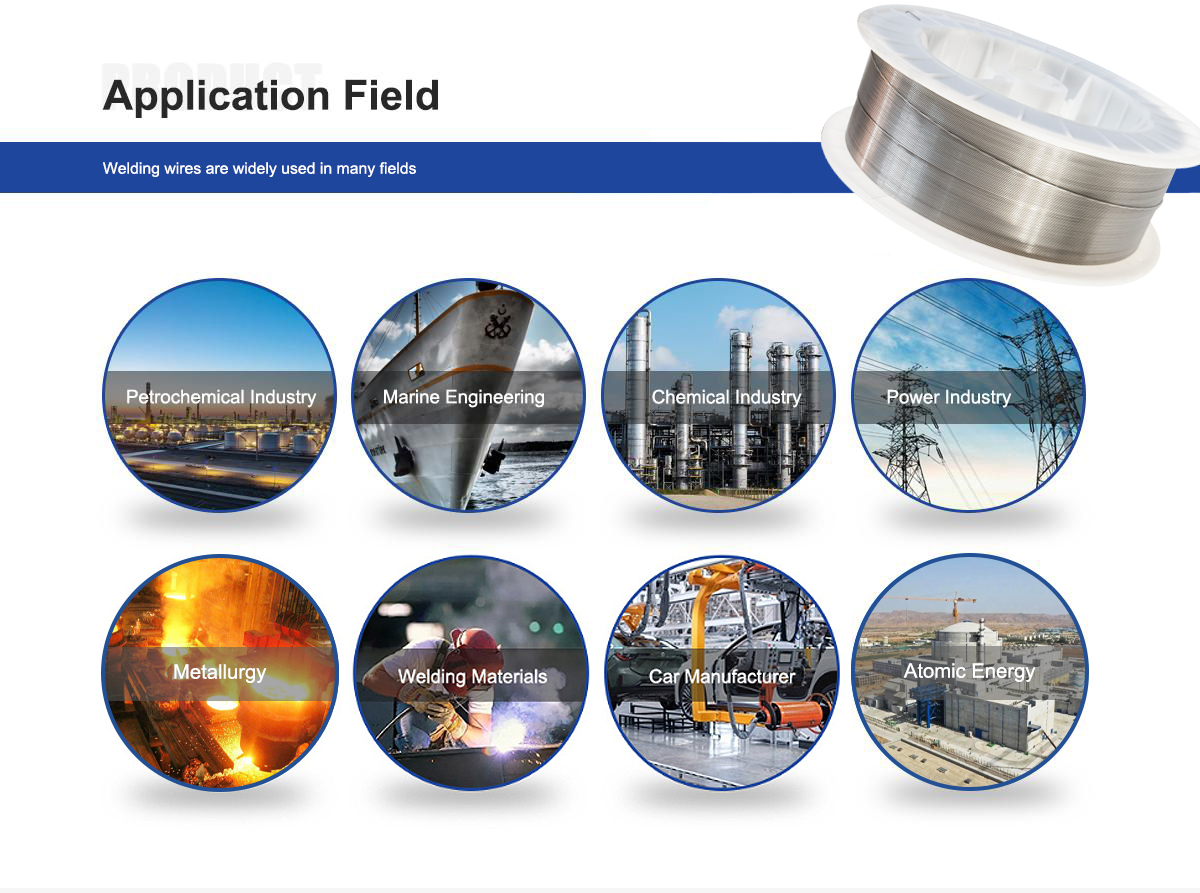
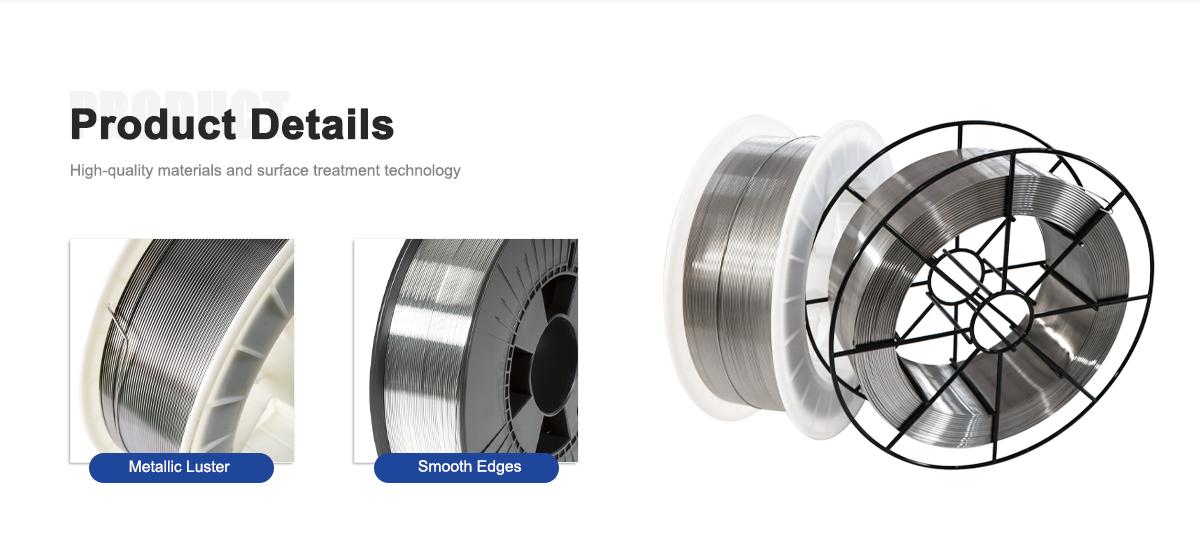
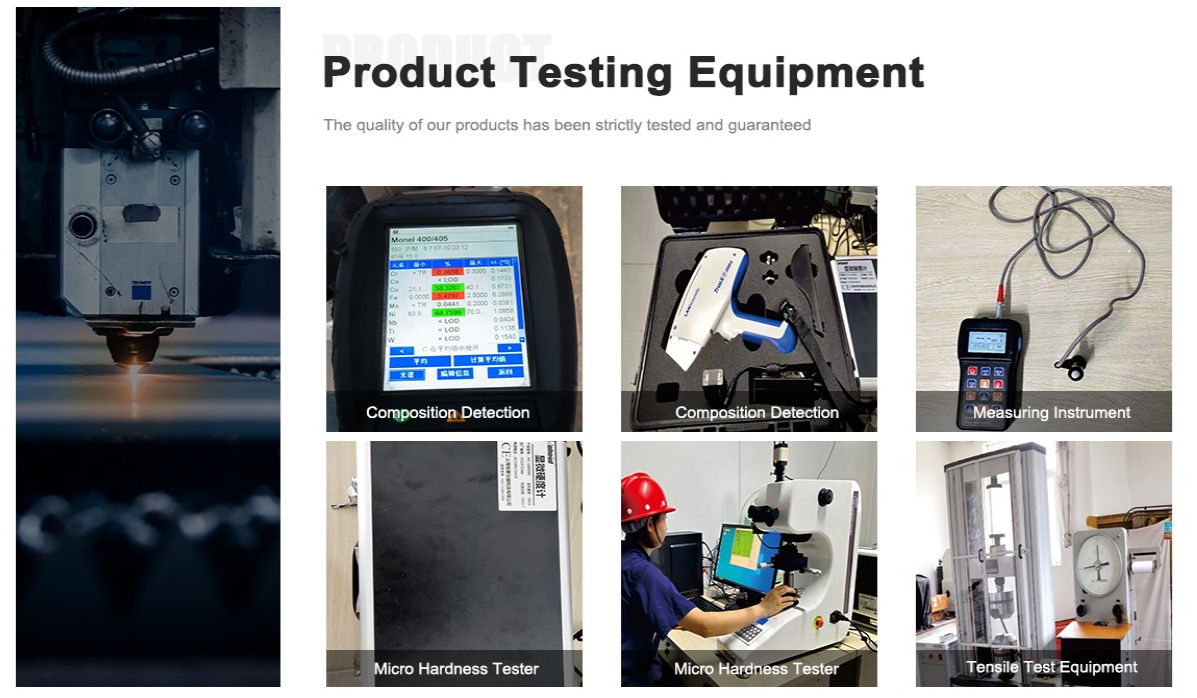
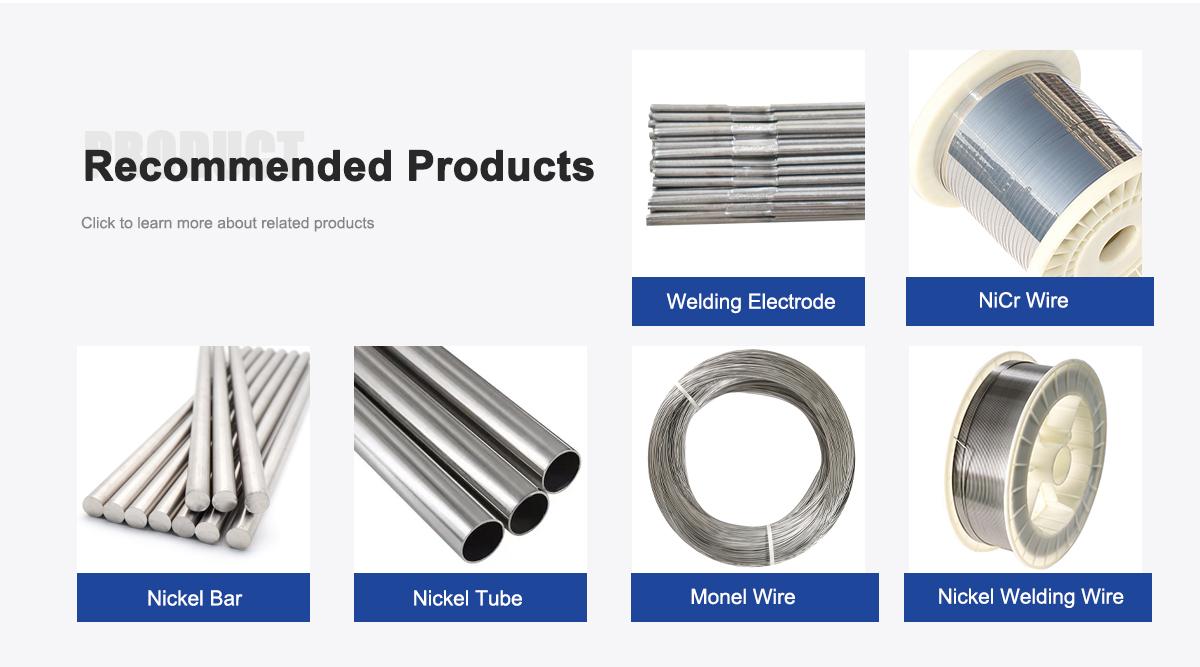
About Us:
Our 12,000㎡ factory is equipped with complete capabilities for research, production, testing, and packaging. We strictly adhere to ISO 9001 standards in our production processes, with an annual output of 1,200 tons. This ensures that we meet both quantity and quality demands. Furthermore, all products undergo rigorous simulated environment testing including high temperature, high pressure, and corrosion tests before being dispatched, ensuring they meet customer specifications. We also provide chemical analysis reports for every FeCrAl alloy, NiCr alloy, and other products purchased.
For all our clients, we offer timely and multilingual after-sales support and technical consulting, helping you resolve any issues swiftly and efficiently.
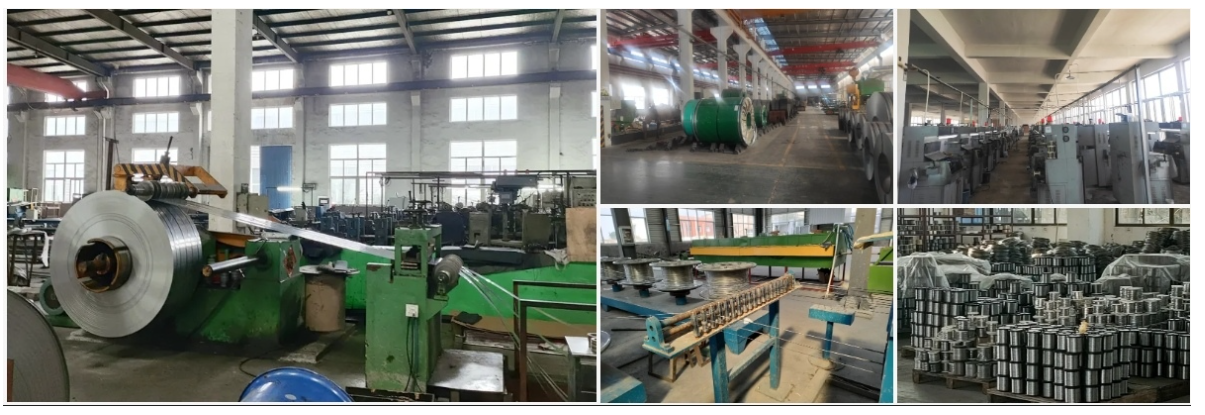
Client Visits
Building Stronger Partnerships
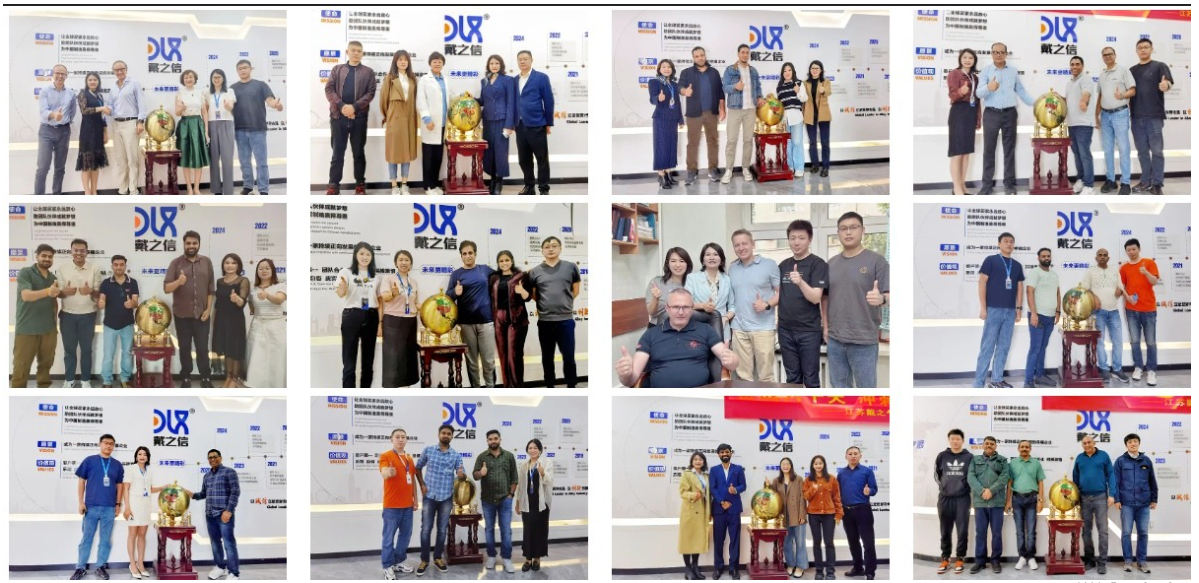
We support all kinds of testing:
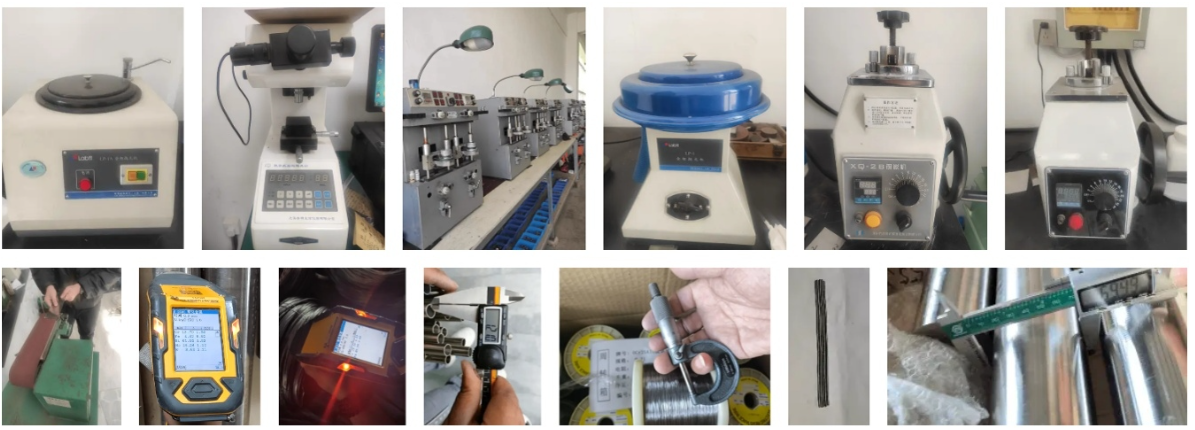

Why is ERNiCrMo-4 ideal for chemical processing?
Its high molybdenum and chromium content provides exceptional resistance to acids, chlorides, and pitting corrosion.
What alloys can ERNiCrMo-4 weld?
It’s optimized for Hastelloy C276, Inconel alloys, and other nickel-based materials.
How does ERNiCrMo-4 handle high temperatures?
It remains stable and strong at temperatures up to 1,900°F (1,038°C).
Is ERNiCrMo-4 good for corrosive environments?
Yes, it excels in resisting corrosion from acids, chlorides, and sour gas.
What welding processes work with ERNiCrMo-4?
It’s designed for TIG welding but performs well in MIG setups for various projects.
Can ERNiCrMo-4 be used in cryogenic applications?
Yes, it maintains toughness and strength in low-temperature environments.
Which industries use ERNiCrMo-4?
Chemical processing, oil and gas, power generation, and pharmaceutical sectors rely on it.
How do I avoid weld defects with ERNiCrMo-4?
Clean the base metal, control heat input, and adjust current (100-250A) based on thickness to minimize cracking or porosity.